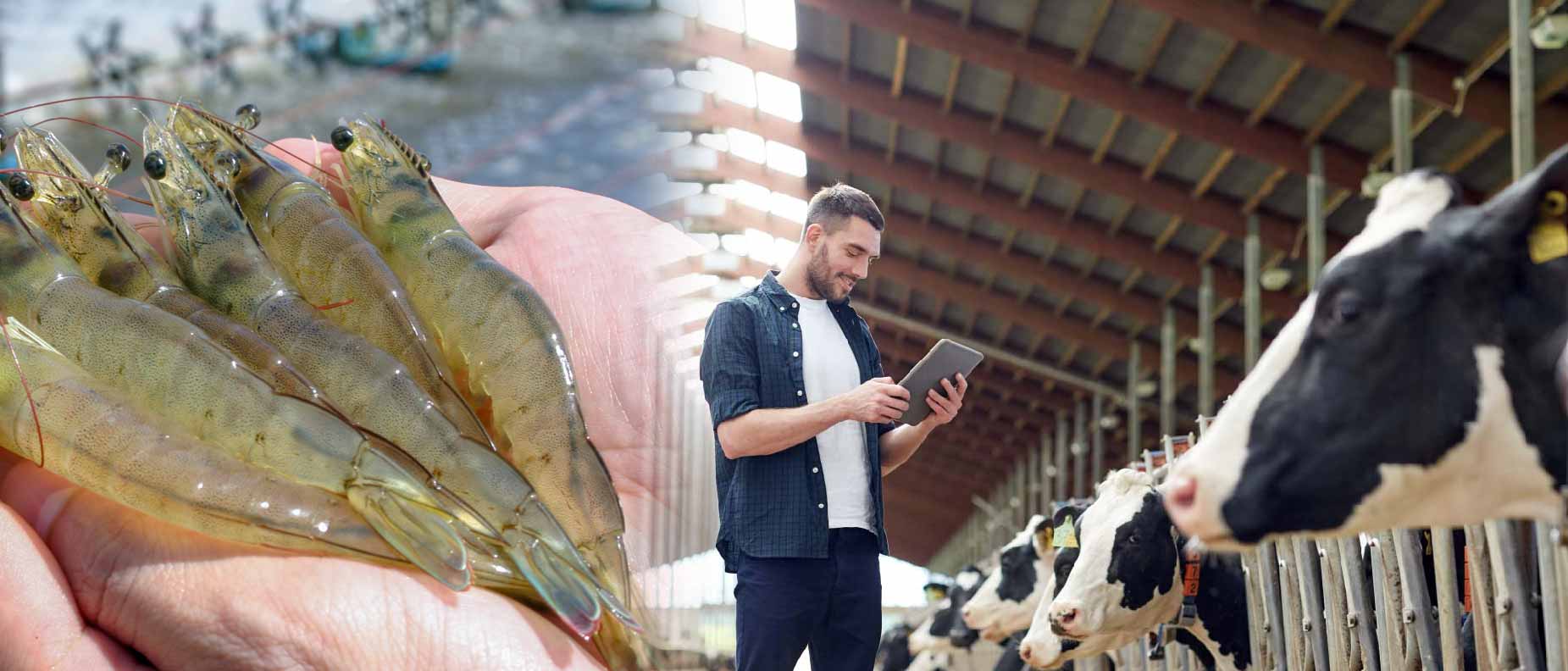
Engineering synthetic rumen microbial communities that address industry and humanity
The Technology
Dairy cattle hold enormous significance for humans as they convert the energy stored in plant mass into milk and meat, which are digestible and consumed worldwide. The efficiency with which an individual cow converts the energy stored in its feed into food products, termed feed efficiency, varies considerably between cows for reasons that are poorly understood. Ruminate-resident microbiome that is responsible for most of the food’s digestion and absorption, could markedly affect dairy cows feed efficiency.
Recent studies conducted by our group show a strong connection between the rumen microbiome and the animal’s feed efficiency; this connection allowed us to predict, with 80% accuracy, the cow’s feed efficiency based on its microbiome features. This suggests that the cow’s feed efficiency is dependent on the taxonomic composition, coding capacity and activity of its rumen microbiome and that it is therefore transmissible via the microbiome itself. These microbial communities degrade and ferment the plant fibers, initiating a cascade of fermentation reactions carried out by complex networks of interacting microbial species. By-products of fermentation can be absorbed as nutrients by the animal or be further oxidized by microbes that maximize energy extraction out of them, ultimately leading to the production of carbon dioxide and methane, potent greenhouse gases which dissipate into the atmosphere.
Our ultimate goal is to engineer synthetic communities that answer the need of both industry and humanity for high efficiency as well as other production traits
Advantages
- Applicable to a wide range of farm animals, including cows, sheep and more
- Non-genetically modified technology
- Patentable product
- Fast and simple regulatory pathway
- Short time to market
- Wide commercial applicability
- A highly acclaimed principle investigator, with rich experience in the field
Patent Status
Two PCT applications were filed (PCT/IL2018/050868 and PCT/IL2014/050277)
Additionally, two Provisional application were filed on July 2, 2019 (62/869,616) and April 4, 2020 (63/006,116)
Principal Investigator
Prof. Itzhak Mizrahi, Department of Life Sciences and NIBN, Ben-Gurion University of the Negev, Israel
